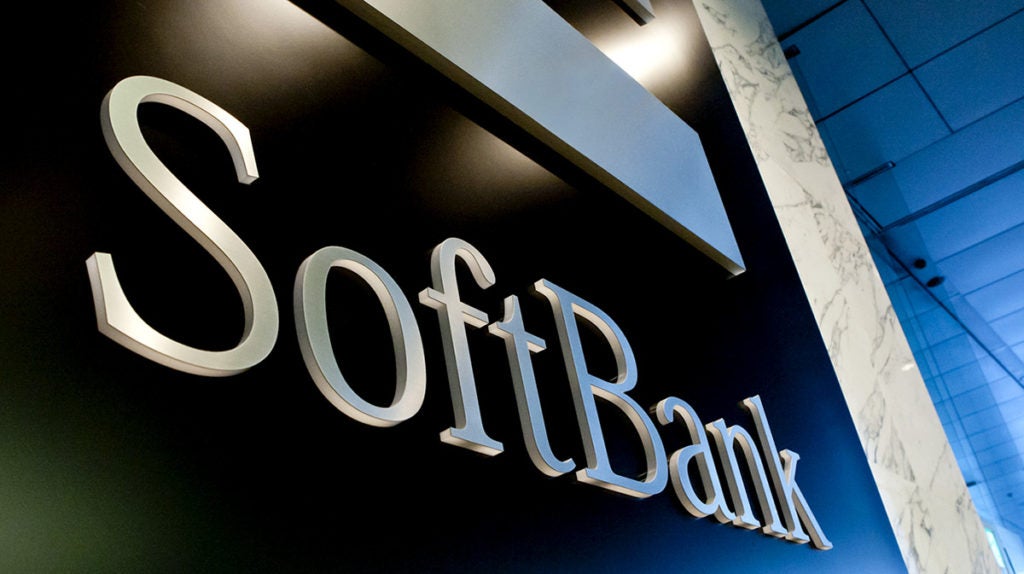
Softbank Vision Fund, the influential and deep-pocketed investor in start-ups including Uber, NVIDIA, and WeWork, posted a $22bn loss last week, as the value of its investments continued to plummet.
While the technology sector is witnessing a correction from the “crazy high valuations” of the pandemic, the Vision Fund’s issues run deeper, an analyst told Tech Monitor, and call the credibility of its CEO Masayoshi Son into question.

Founded in 2017, the Softbank Vision Fund has been one of the world’s most prolific technology investors. The fund has made investments in many of the world’s most high-profile technology companies, including Uber, WeWork, NVIDIA and OneWeb.
But last week the company recorded a $22bn loss for the first quarter of its current financial year, after the value of many of the start-ups it invested in fell. It follows a loss of $26bn in the previous financial quarter.
It is a far cry from the fourth quarter of 2020, when the fund reported a $36bn profit. The fund’s investments have also plummeted, from $21bn in the first quarter of 2021 to just $600m in the most recent quarter.
Masayoshi Son, CEO of Japanese telecommunication provider SoftBank and its investment funds, attributed the most recent losses to the “reshaping of the global technology ecosystem,” combined with supply chain disruptions, rising fuel prices, and rampant inflation.
The once-bullish Son was contrite, saying he was “ashamed” of the Vision Fund’s performance. He admitted that the fund had invested in start-ups at the height of a bubble, and that it was “now suffering the downturn”.
“If we had been a little more selective and invested properly, it would not have hurt as much,” Son said on a call with investors. “When we were turning out big profits, I became somewhat delirious, and looking back at myself now, I am quite embarrassed and remorseful.”
Will Softbank Vision Fund’s collapse affect the technology sector?
The Vision Fund’s recent collapse reflects a correction in tech start-up valuations that were buoyed during the pandemic, explains Shelly Kramer, founding partner and principal analyst at Futurum Research. “Start-ups were garnering some crazy high valuations, some would say impossibly high,” she explains.
But SoftBank’s issues run deeper than the current tech market correction, Kramer says. “The tech market is in a rout, but that’s not the problem with SoftBank,” she says. “Son has a credibility problem and SoftBank has a credibility problem.”
It is not the first time that Son has promised to be more careful with the fund’s investments. In 2019, the Vision Fund lost $4.6bn on its investment in co-working provider WeWork, whose IPO was cancelled over concerns about its finances and the behaviour of its CEO, Adam Neumann.
At the time, Son reportedly instructed the fund’s staff to be more “disciplined” in its investments. Soon after, however, the Fund was cutting more billion-dollar cheques.
Ten senior executives have left the Fund since 2020, Kramer says. “When three of those key roles are the head of the Vision Fund Rajeev Misra, chief operating officer Marcelo Claure, and chief strategy officer Katsunori Sago, it says a great deal about the work ahead for Son — and the lack of reason to stay around on the part of many senior leaders.”
Despite the Vision Fund’s considerable influence in recent years, Kramer does not expect its current performance to affect the sector as a whole. “Overall, I don’t see the massive SoftBank [Vision Fund] losses as disrupting or hurting the tech sector any more than the market conditions of the last six to eight months,” she says.
It may, however, serve as a ‘cautionary tale’ for start-ups and investors. “We’re in the midst of a massive correction right now, with cooler heads and hopefully smarter investment strategies at play.”






